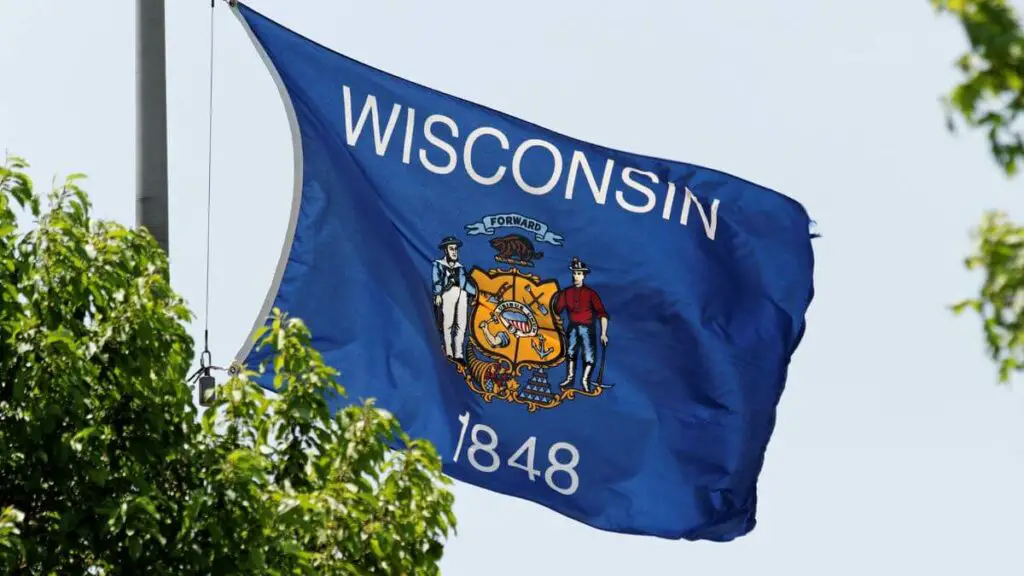States are looking at their respective financial literacy education scores in the new “report card” issued by the Center for Financial Literacy, with most states having made some improvement over last year. While four states and Washington, D.C. are still sitting at “F” scores, with few or no formal requirements for teaching financial literacy standards to K-12 students in public schools, most are moving toward the “gold standard” score of an A+. These “gold standard” states require students to complete a one-semester Personal Financial Literacy (PFL) class to graduate from high school. According to CNBC, existing legislation means that 40 percent of high school students will be guaranteed to receive this invaluable education by 2028.
While 40 percent may not seem like a large percentage, some states require public high schools to offer Personal Financial Literacy as an elective, and other high schools across the country offer the course as an elective without being required to. Fortunately, the governor of Wisconsin has just signed the latest bill requiring high school students to complete a PFL class. This bill will take effect with the high school graduating class of 2028. In an impressive move, the bill had soared through the state legislature with almost unanimous approval in both houses.
Wisconsin Governor a Strong Proponent of Education
Almost all observers expected Governor Tony Evers to sign the bill, as the second-term executive was a strong proponent of education and previously served as the Wisconsin State Superintendent of Public Instruction for three terms. Evers has advanced degrees in education administration and began his career in public service as a teacher. His wife, Wisconsin First Lady Kathy Evers, also began her career as a teacher.
In March 2023, Evers proposed using $5 million from the state’s budget surplus to assist with teaching financial literacy classes in high schools. Although this proposal was stripped from the state budget by conservatives, many Wisconsin schools have been pleased with the availability of free Personal Financial Literacy curriculum and training materials. Free training materials helped ease the passage of the bills. One provider of PFL resources, Next Gen Personal Finance, helped lobby for the bill’s passage in the state legislature.
A Few More States May Let Financial Education Achieve “Critical Mass” in U.S.
Adding Wisconsin to the growing lineup of “gold standard” PFL states is beneficial because it may be the final key to achieving “critical mass.” Once a certain number of states begin requiring all public high schools to have students complete a PFL course, the remainder will quickly follow suit in order not to be seen as falling behind in educational rigor. A one-semester PFL class for high school seniors will become the general expectation for all teens, meaning states that do not require such classes are seen as lacking: “Wait, you don’t have to take a PFL class? Man, that’s weird.”
With Wisconsin on board, hopefully, the remaining 26 states (plus Washington, D.C.) decide that now is the time to bite the bullet and change their high school curricula to include mandatory Personal Financial Literacy classes.

